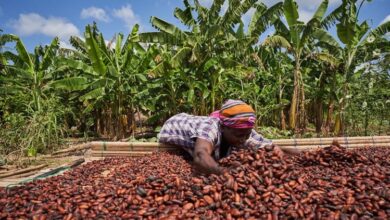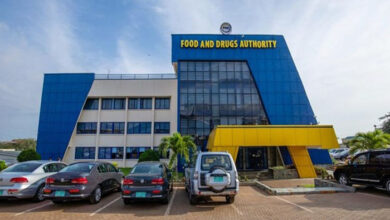
As the government prepares to present the mid-year budget review, the Peasant Farmers Association of Ghana is calling for 50% of funds allocated under the ‘Big Push’ infrastructure initiative to be redirected to the agricultural sector.
The association argues that prioritising agriculture—already a pillar of government economic policy—would be a transformational investment capable of accelerating economic growth, creating jobs, and enhancing food security.
Feed Ghana Programme in Focus
Central to their demand is the Feed Ghana Programme, a flagship initiative aimed at scaling up food production, providing raw materials for agro-processing, and creating sustainable employment, particularly for the youth.
The programme also includes the planned establishment of Farmer Service Centres across the country. These centres are expected to deliver essential support such as:
-
Mechanisation services
-
Access to quality seeds and inputs
-
Financing opportunities
-
Market linkages
-
Technical training and extension services
“Agriculture Is the Anchor of the Economy”
Speaking at a pre-budget civil society forum in Accra, Bismark Nortey, Executive Director of the Peasant Farmers Association, urged the government to align its infrastructure spending with its stated economic priorities.
“If you listen to the President and his appointees, it’s clear that agriculture is the anchor of this government. Out of the eight goals of the 24-Hour Economy Programme, about seven directly support agricultural development,” Nortey said.
“If we are serious about reducing our food import bill, strengthening food security, and ensuring sustainable local production, there is a clear case to channel at least 50% of the Big Push funds into agriculture.”
Traders Echo Concerns
Farmers and traders alike are also appealing for greater government support to reduce transportation costs and boost mechanised farming.
A plantain vendor said:
“The recent drop in fuel prices was good news, but the new GHC1 levy per litre has wiped out those gains. It’s driving up transport costs and affecting our profit margins.”
Opanyin Amissah, a yam trader, added:
“If the government can provide farming equipment and improve infrastructure, it will lower production costs and reduce market prices, benefiting both traders and consumers.”


